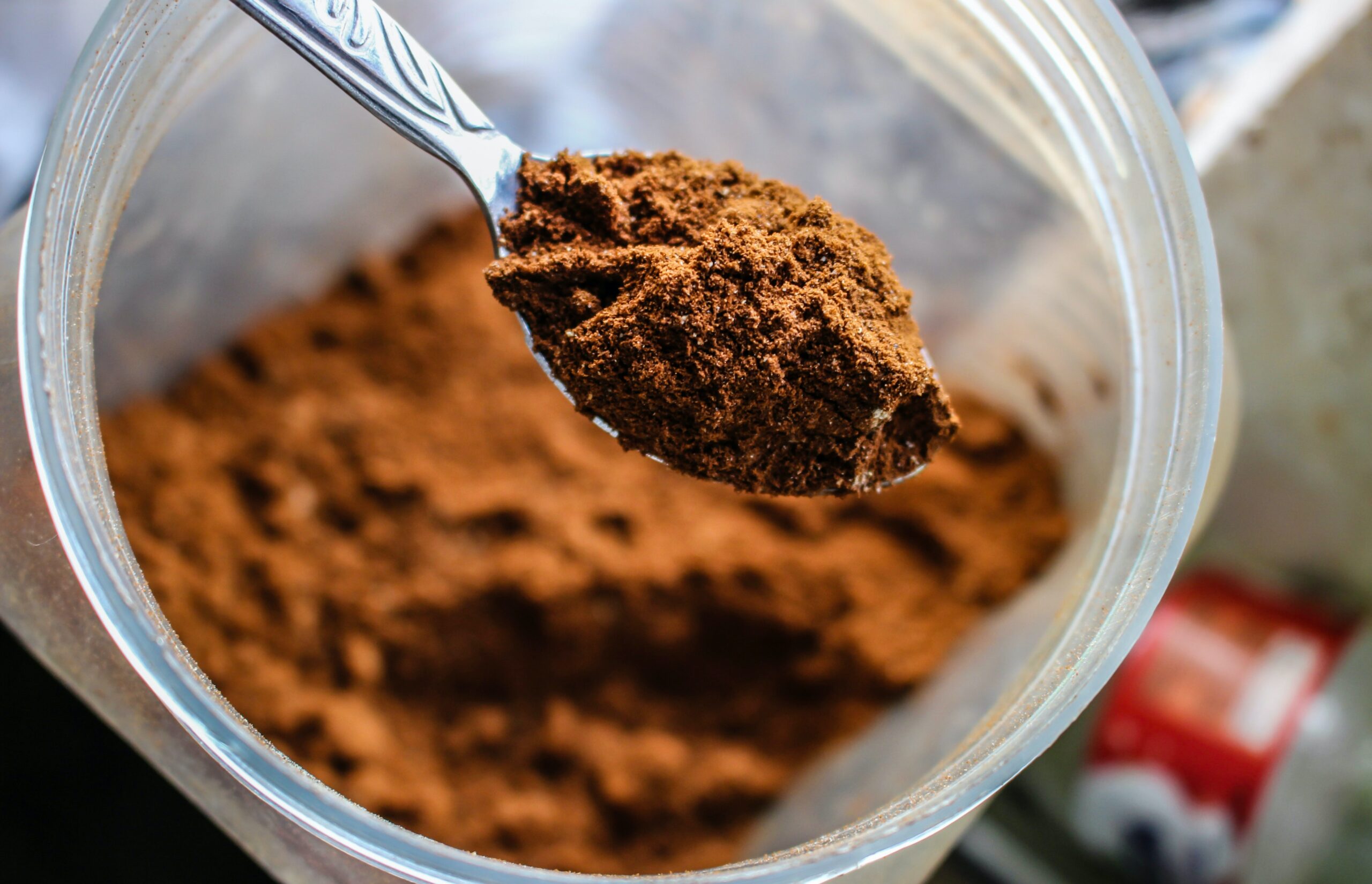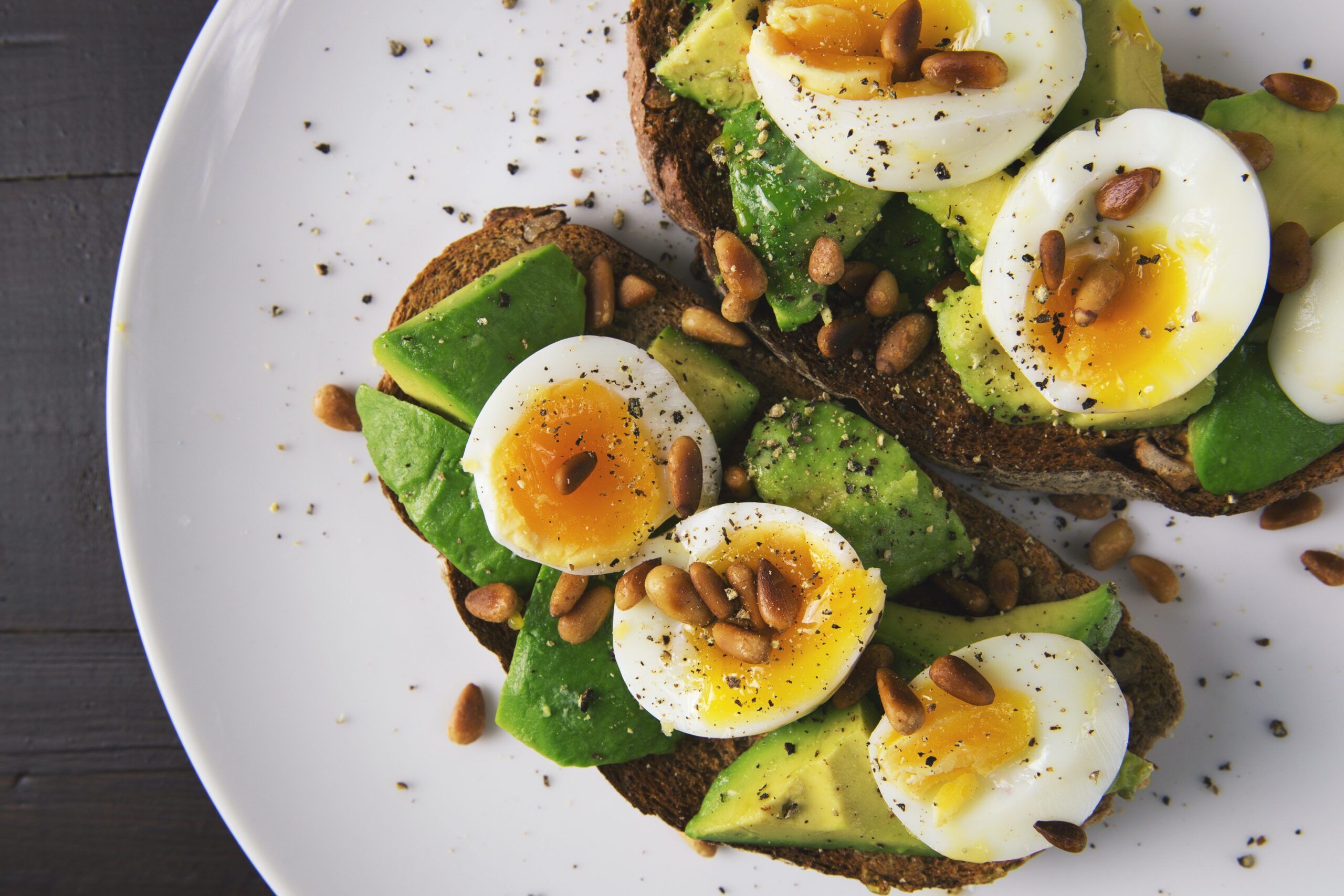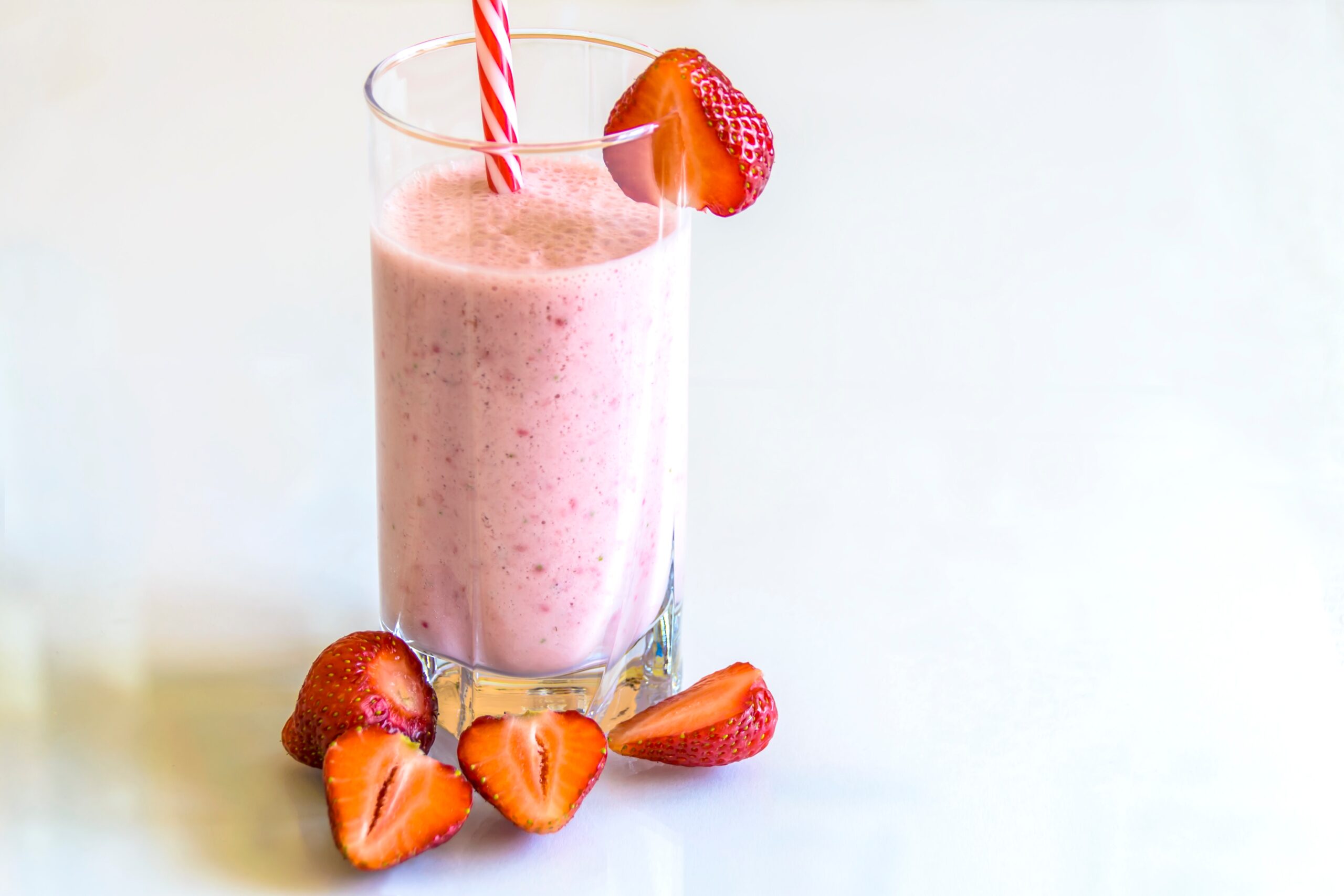Can I drink protein shakes to lose weight?
In recent years, protein shakes have become extremely popular for athletes and gym-goers alike. But the question that many people ask is whether these protein shakes can be consumed to lose weight and how can we achieve it. This question should go directly to the nutritionist, but today we will try to answer it.

Protein Shakes to Lose Weight
Introduction:
Because they offer necessary nutrients while having fewer calories and the ability to make you feel filled for longer, protein shakes can be a helpful tool for weight loss. Because of the thermic effect of food (TEF), your body burns more calories after protein consumption. Making wise decisions about the kind of protein shake you use is crucial, and you should always make sure to include them in a balanced diet.
Protein Powder Types:
One of the most well-liked kinds of protein powders is whey protein. It comes from milk and is quickly broken down. Branched-chain amino acids (BCAAs), which can aid in muscle repair, are abundant in them.
Milk also contains casein protein, which is absorbed more slowly than whey. A more consistent release of amino acids may result from this.
A plant-based protein that contains all nine necessary amino acids is soy protein. Vegetarians and vegans can eat it.
Another plant-based option is pea protein, which is popular among lactose-intolerant persons and vegans.
Hemp protein is abundant in omega-3 and omega-6 fatty acids and is derived from hemp seed.
Rice protein is hypoallergenic and can be a good choice for people with allergies, despite not being as high in amino acids as other forms.
Collagen is good for your skin, hair, and joints, but it doesn’t include all the necessary amino acids.
Look over the ingredients: Select protein powders with concise ingredient lists, no extra sweeteners, and no fillers.
Although protein smoothies can help you lose weight, they still include calories. Make certain to include them in your regular caloric intake.
Watch Out for Added Sugars: Some protein shakes may have a lot of added sugar, which will hinder your attempts to lose weight.
Take into account any dietary restrictions you may have, such as lactose intolerance or a desire for vegetarianism, and make sure the protein source complies.
Taste and mixability may seem unimportant, but if you don’t like the flavor or consistency, you’re less likely to continue using it.
Utilizing Protein Shakes to Lose Weight:
Replacement for a Meal: On occasion, particularly if you’re on the run, a protein shake can take the place of a meal. To make it more balanced, be sure to add additional nutrients like fiber (chia seeds, flaxseeds) and healthy fats (avocados, nuts).
Recovery after Workouts: Consuming protein after an exercise can aid in muscle repair and help you avoid overeating later.
Snack:

A protein shake is a wonderful choice if you are hungry in between meals.
Conclusion:
Protein shakes can help you lose weight, but it’s important to pick the correct kind and make sure you’re incorporating them into a balanced diet. Before making any big dietary changes, always seek the advice of a nutritionist or physician.
Protein drinks can help you lose weight, but they are just one technique you can use. Successful and permanent weight loss is greatly influenced by regular exercise, whole nutrition, and a balanced lifestyle.
Yes to protein shakes to lose weight
Yes, we can consume protein shakes if we are looking to lose weight since protein is one of the most satiating macronutrients and will make us consume fewer calories throughout the day. In addition, proteins will allow us to retain that muscle mass that is endangered every time we make a caloric deficit.
On the other hand, and no less significant, protein shakes usually have a rich flavor (and there is a huge variety), so you can consume it in a fit dessert or combine it with fruit and non-dairy milk to make a terrific snack.
And are there any cons? Well yes. Firstly, protein shakes lack fiber, a nutrient necessary for satiety and secondly, by ‘drinking’ the shake and not chewing it, you are also reducing satiety. Remember that chewing allows the brain to send signals of fullness.
It may interest you: When should protein shakes be consumed?
In conclusion, it depends a lot on the person, their lifestyle, and what they like to eat, for these protein shakes to help them lose weight. If you like to eat a lot, perhaps a liquid snack is not the best. But if you fill up fast and can’t eat much protein, shakes might be a good solution.
What protein shakes to choose to lose weight?

Here is the million-dollar question and the one that yes or yes you should ask your nutritionist. There are various protein shakes, with more or less nutrients and they will all depend on what you are looking for.
If you are looking to lose weight, surely you have cut carbohydrates somewhat, so you should choose a whey protein shake, especially the isolated type. This one has more protein and very low or even zero carbs. But beware: they are usually a bit expensive.
It may interest you: Are whey protein shakes good?
If you want a cheaper option and just as good, you can consume the concentrated whey. The difference with the isolated type is that they have a higher carbohydrate content and less protein content. The carbs are present in the form of lactose, so it is not recommended if we are lactose intolerant.
If you are lactose intolerant, opt for hydrolyzed proteins or egg proteins.
What if I am a vegetarian? There are also options. You can choose soy-based proteins, the best, or rice, hemp, etc.
It may interest you: are there benefits to consuming vegan protein?
To lose weight, you can consume whey protein isolates.
When to consume protein shakes to lose weight
That will depend a lot on the person. And, believe it or not, you don’t have to do it after training like many athletes do.
If you are looking to lose weight, it could be best to consume it between meals, as a snack, or when you feel hungry. Be careful: you should not consume more than 2 shakes a day, especially if you are looking to lose weight.
It also depends a lot on how you take it. Preferably, combine it with skim milk or vegetable milk (if you are a vegetarian or want to reduce calories), you can add a banana or some fruit to give it flavor. Or you can consume it just with water.
Can I have a protein shake to replace food?
Yes, but it shouldn’t be a daily thing. You could do it when you’re a little late for dinner and don’t want to eat a lot.
In that case, you could make a complete meal by adding a scoop of protein to your bowl of oatmeal with yogurt and some nuts. Of course, it is vital not to go overboard with calories.
Convenience:
They may be rapidly consumed, are portable, and are simple to make, making them perfect for people with busy schedules.
Controlled Nutrient Intake:
Some shakes are created to offer the ideal ratio of macronutrients (carbs, protein, and fats) and can aid with calorie restriction.
Protein shakes can accommodate a variety of dietary needs, including lactose-free, gluten-free, and vegan alternatives.
Controlling appetite:
Protein can help you feel full, which can be helpful for weight management.
Enhanced Nutrient Absorption:
After exercise or for people who have particular digestive problems, liquid meals might occasionally be simpler to digest and absorb.
Absence of Whole Nutrients:
Protein shakes may occasionally lack a variety of vitamins, minerals, fiber, and phytochemicals found in whole diets.
Bloating, gas, or other digestive issues may be experienced by certain people after ingesting particular protein shakes.
Over-Reliance:
Relying solely on protein drinks can prevent people from understanding how to properly eat by consuming full foods.
Protein shakes often contain fillers, artificial sweeteners, and other unfavorable additives.
Cost:
Over time, protein shake purchases may end up being more costly than whole meal options.
Guidelines for Replacing Meals with Protein Shakes:
Protein shakes can occasionally take the place of a meal, but they shouldn’t be used as a long-term solution or as the only source of nutrition.
Balance with entire Foods:
If you’re substituting a shake for a meal, make sure the other meals you eat are full of entire foods.
Verify Labels:
Select protein shakes that are made with natural ingredients, have a full nutritional profile, and have no added sugars.
Nutrients to Add:
Increase the nutritional value of your smoothie by adding natural ingredients like fruits, vegetables, nuts, seeds, or oats.
Keep Hydrated:
Although shakes are liquid, they shouldn’t be used in place of water.

